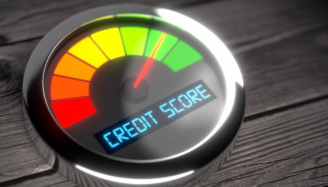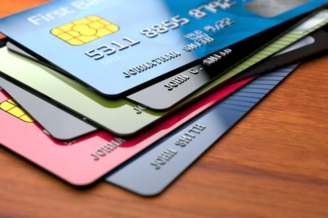Pros and Cons of Debt Consolidation: A Complete Guide
Discover the pros and cons of debt consolidation in this comprehensive guide. Evaluate whether this solution is right for you!
Understand the pros and cons of debt consolidation

Imagine you’re trying to balance several plates at once, each one representing a different debt: credit card, student loan, car finance, and so on.
Debt consolidation has emerged as a tempting solution to simplify your financial life, bringing all these obligations together in a single monthly payment. But is this the best option for you? Let’s explore the pros and cons of this strategy together.
What is debt consolidation?
Debt consolidation is a process that allows you to combine multiple debts into a single loan or line of credit, often offering lower interest rates and more flexible payment terms.
With this approach, you can simplify your financial management by replacing several monthly payments with different amounts and due dates with a single payment. Not only does this make it easier to control your budget, but it can also reduce the total financial impact over time.
In addition, by consolidating your debts, you can gain greater clarity about your obligations and potentially negotiate better terms with creditors.
However, it is important to carefully assess whether this strategy is appropriate, considering both the benefits and the possible challenges that may arise.
How does debt consolidation work?
Debt consolidation basically works by bringing together all your debts, such as loans, credit cards or financing, into a single credit or financing.
This can be done with a consolidated line of credit or a loan with better conditions, such as lower interest rates and longer terms.
By consolidating your debts, you unify all these obligations into a single monthly payment, simplifying financial management. This helps you avoid the accumulation of high interest rates and multiple due dates, making it easier to keep track of your obligations.
In addition, by consolidating, you can negotiate better conditions with the bank or financial institution, reducing the total cost of the debt and making it easier to pay. However, it’s important to assess whether this option really brings more advantages and doesn’t create new financial pitfalls.
What are the pros and cons of debt consolidation?
Debt consolidation can be a practical solution for organizing your finances, reducing the number of installments and, in some cases, lowering interest rates.
However, before deciding, it’s important to evaluate both the benefits and the challenges of this strategy. Understanding the pros and cons helps ensure that this is the best option for your financial situation. Check out the details!
Advantages of debt consolidation
- Simpler payments: managing just one monthly payment can reduce stress and decrease the chances of forgetting a due date, avoiding fines and additional fees;
- Lower interest rates: if your current debts have high interest rates, consolidating them can result in a lower rate, saving you money in the long run;
- Reduced monthly payment: with a longer payment term, the monthly amount can be lower, relieving your monthly budget;
- Potential credit improvement: consistently paying off a consolidated loan can improve your credit score by demonstrating financial responsibility.
Disadvantages of debt consolidation
- Higher total cost: although monthly payments may be lower, a longer term can result in more interest paid over time, increasing the total cost of the debt;
- Upfront fees and costs: some consolidation loans come with origination fees, closing costs or penalties for early repayment of existing debts;
- Risk of additional debt: after consolidation, it can be tempting to use paid-off credit cards again, leading to an even greater cycle of debt;
- Required collateral: some consolidation loans require collateral, such as your house or car. If you fail to pay, you could lose these assets.
Conclusion
Debt consolidation can be a useful tool for simplifying your finances and potentially saving money on interest. However, it is essential to carefully weigh up the pros and cons, consider your financial discipline and explore all the options available before making a decision.
Remember, consolidation does not eliminate debt; it only reorganizes it. So adopt healthy financial habits to ensure that you don’t fall back into a cycle of debt.





